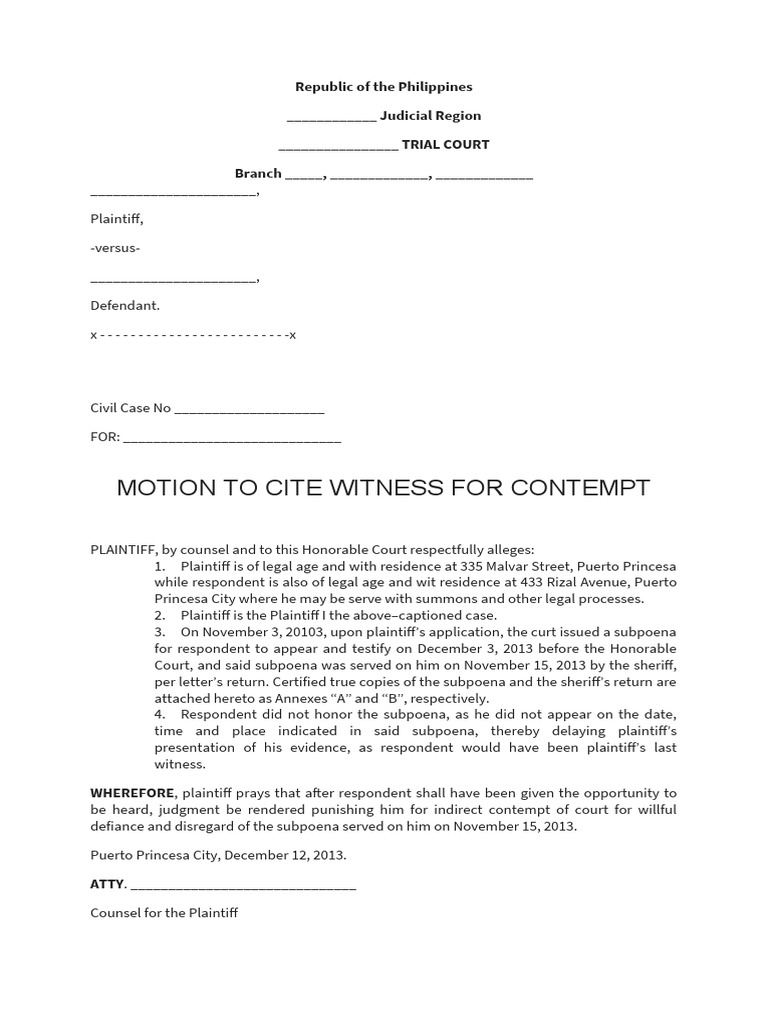Amsterdam City Council Faces Lawsuit: Residents Cite TikTok-Driven Overcrowding

Table of Contents
The Lawsuit: Key Arguments and Demands
The lawsuit against the Amsterdam city council represents a significant legal challenge to the city's current tourism management strategies. The core argument presented by the residents focuses on the city council's alleged failure to adequately address the influx of tourists, leading to a range of negative consequences.
- Noise Pollution: Residents allege unacceptable levels of noise pollution, disrupting sleep and daily life. The constant flow of tourists, particularly during peak season, creates an environment detrimental to peace and quiet.
- Traffic Congestion: The increased number of tourists has resulted in severe traffic congestion, making it difficult for residents to navigate the city and access essential services. This is particularly problematic in the historic city center.
- Damage to Historical Sites: The sheer volume of tourists is causing damage to Amsterdam's historical sites and infrastructure. The constant foot traffic and pressure on older buildings are contributing to wear and tear.
- Lack of Infrastructure: The existing infrastructure, from public toilets to waste management systems, is struggling to cope with the unprecedented number of visitors.
- Demand for Change: The lawsuit demands stricter regulations on tourism, including limitations on short-term rentals, a significant contributor to overtourism in Amsterdam. The plaintiffs are also seeking improved public transportation infrastructure to better manage tourist flow and alleviate pressure on existing systems. Crucially, they are seeking compensation for the disruption to their daily lives. This case highlights the increasing conflict between the economic benefits of tourism and the pressing need for sustainable urban planning.
TikTok's Role in Amsterdam's Overcrowding
The rapid escalation of Amsterdam's overtourism problem is inextricably linked to the rise of social media platforms, particularly TikTok. Viral videos showcasing the city's iconic canals, charming streets, and vibrant nightlife have created a powerful "influencer effect," attracting a mass influx of visitors eager to replicate the experiences seen online.
- Viral Tourism: The easily-replicated nature of TikTok trends makes Amsterdam particularly vulnerable to sudden surges in tourism. A single viral video can translate to thousands of additional tourists within days.
- Influencer Marketing: Many influencers promote Amsterdam as a must-see destination, often without highlighting the potential downsides of overtourism or encouraging responsible travel behavior.
- Lack of Awareness: Many tourists, particularly those arriving on the back of viral trends, are unaware of the negative impact their visit might have on the city and its residents.
- The Need for Responsible Content: This highlights the urgent need for responsible social media content creation, educating influencers and users alike about the consequences of unchecked viral tourism. The issue calls for a more mindful approach to sharing travel experiences online, encouraging sustainable tourism practices.
The City Council's Response and Potential Solutions
The Amsterdam city council has acknowledged the challenges posed by overtourism but faces the difficult task of balancing the economic benefits of tourism with the well-being of its residents. Their response to the lawsuit and their current strategies are under intense scrutiny.
- Current Strategies: Current efforts include initiatives promoting responsible tourism, encouraging tourists to visit less popular areas, and improving waste management systems. However, critics argue these measures are insufficient to address the scale of the problem.
- Potential Solutions: A range of more robust solutions are needed, including:
- Stricter Regulations on Short-Term Rentals: Implementing stricter licensing and regulations on Airbnb and similar platforms to control the number of short-term rental properties.
- Improved Public Transportation: Investing significantly in public transportation infrastructure to better manage tourist flow and reduce reliance on cars.
- Targeted Marketing Campaigns: Developing marketing campaigns to distribute tourism across different areas of the city, relieving pressure on the most popular attractions.
- Sustainable Tourism Initiatives: Promoting sustainable and responsible tourism practices through educational campaigns and incentives for eco-friendly tourism operators.
- Tourism Taxes: Implementing or increasing tourist taxes to fund improvements in infrastructure and manage the impact of tourism.
The effectiveness of these measures will be crucial in preventing future Amsterdam overcrowding lawsuits and ensuring a more balanced approach to tourism management. Proactive, long-term planning is vital to address this complex issue.
Balancing Tourism and Resident Wellbeing in Amsterdam
The core challenge for Amsterdam is finding a delicate balance between the economic benefits of tourism and the quality of life for its residents. This requires a shift towards sustainable and responsible tourism practices.
- Prioritizing Resident Needs: The city must prioritize the needs of its residents, ensuring that tourism does not come at the expense of their well-being. This includes addressing issues like noise pollution, traffic congestion, and the strain on infrastructure.
- Community Engagement: Effective tourism management requires meaningful engagement with local communities. Residents must have a voice in shaping tourism policies and strategies.
- Examples of Best Practices: Amsterdam can learn from other cities that have successfully managed overtourism while preserving their unique character and cultural heritage. Examples include strategies implemented in cities like Venice, Barcelona, and Kyoto. By studying these case studies and adapting relevant strategies, Amsterdam can develop a more comprehensive and effective long-term tourism plan.
Conclusion
The lawsuit against Amsterdam's city council underscores the urgent need for effective tourism management strategies that prioritize the well-being of residents while still reaping the economic benefits of tourism. The case highlights the significant challenges posed by overtourism, exacerbated by the power of social media platforms like TikTok. The outcome of this lawsuit will have far-reaching implications, not just for Amsterdam but for other cities facing similar challenges. It's a crucial wake-up call for a more sustainable and responsible approach to tourism management globally.
Call to Action: Learn more about the impact of TikTok tourism and the ongoing efforts to address Amsterdam's overcrowding issues. Join the discussion on sustainable tourism strategies and help us find solutions to manage overtourism effectively. Let's work together to prevent future Amsterdam overcrowding lawsuits and create a more balanced approach to tourism in Amsterdam and other cities facing similar challenges.

Featured Posts
-
 Bangladeshs European Expansion A Focus On Collaborative Growth Strategies
May 25, 2025
Bangladeshs European Expansion A Focus On Collaborative Growth Strategies
May 25, 2025 -
 A Retrospective On Claire Williams Leadership And George Russells Experience
May 25, 2025
A Retrospective On Claire Williams Leadership And George Russells Experience
May 25, 2025 -
 Philips Announces 2025 Annual General Meeting Of Shareholders Agenda
May 25, 2025
Philips Announces 2025 Annual General Meeting Of Shareholders Agenda
May 25, 2025 -
 From Grace To Disaster 17 Celebrities Whose Reputations Imploded
May 25, 2025
From Grace To Disaster 17 Celebrities Whose Reputations Imploded
May 25, 2025 -
 La Main De Fer Chinoise Comment Pekin Reduit Au Silence Les Dissidents En France
May 25, 2025
La Main De Fer Chinoise Comment Pekin Reduit Au Silence Les Dissidents En France
May 25, 2025
